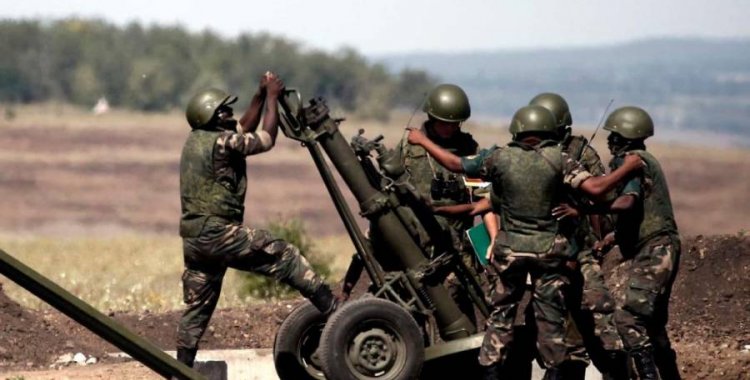In a "war communiqué" distributed this Wednesday, FLEC-FAC says that the fighting took place on Tuesday night, in the villages of Pangamongo and Sangamongo, in the municipality of Buco-Zau and municipality of Necuto, near the border with the Democratic Republic of Congo (DRC).
"The Angolan army launched an operation against our forces and we retaliated in a counteroffensive manner to the FAA", says the statement, signed by the commander of the Necuto operational zone, Sebastião Muindo Júnior.
In the document, FLEC's armed forces accused the Angolan army of targeting civilians, of allegedly committing abuses, of killing three civilians and of detaining people accused of belonging to FLEC.
That strength emphasizes that the insecurity that prevails in the territory of Cabinda, an enclave located in the north of Angola, makes it difficult to fight the covid-19 pandemic, in this sense it calls on the international community to act quickly to save innocent lives.
According to FLEC-FAC, FAA attacks are usually carried out through ambushes and incursions into Congolese villages.
FLEC, through its "armed wing", the FAC, fights for independence in the territory, claiming that the enclave was a Portuguese protectorate, as established in the Treaty of Simulambuco, signed in 1885, and not an integral part of the Angolan territory.
Created in 1963, the independent organization split and multiplied into different, ephemeral factions, with FLEC / FAC remaining the only movement that claims to maintain an "armed resistance" against the Luanda administration.







